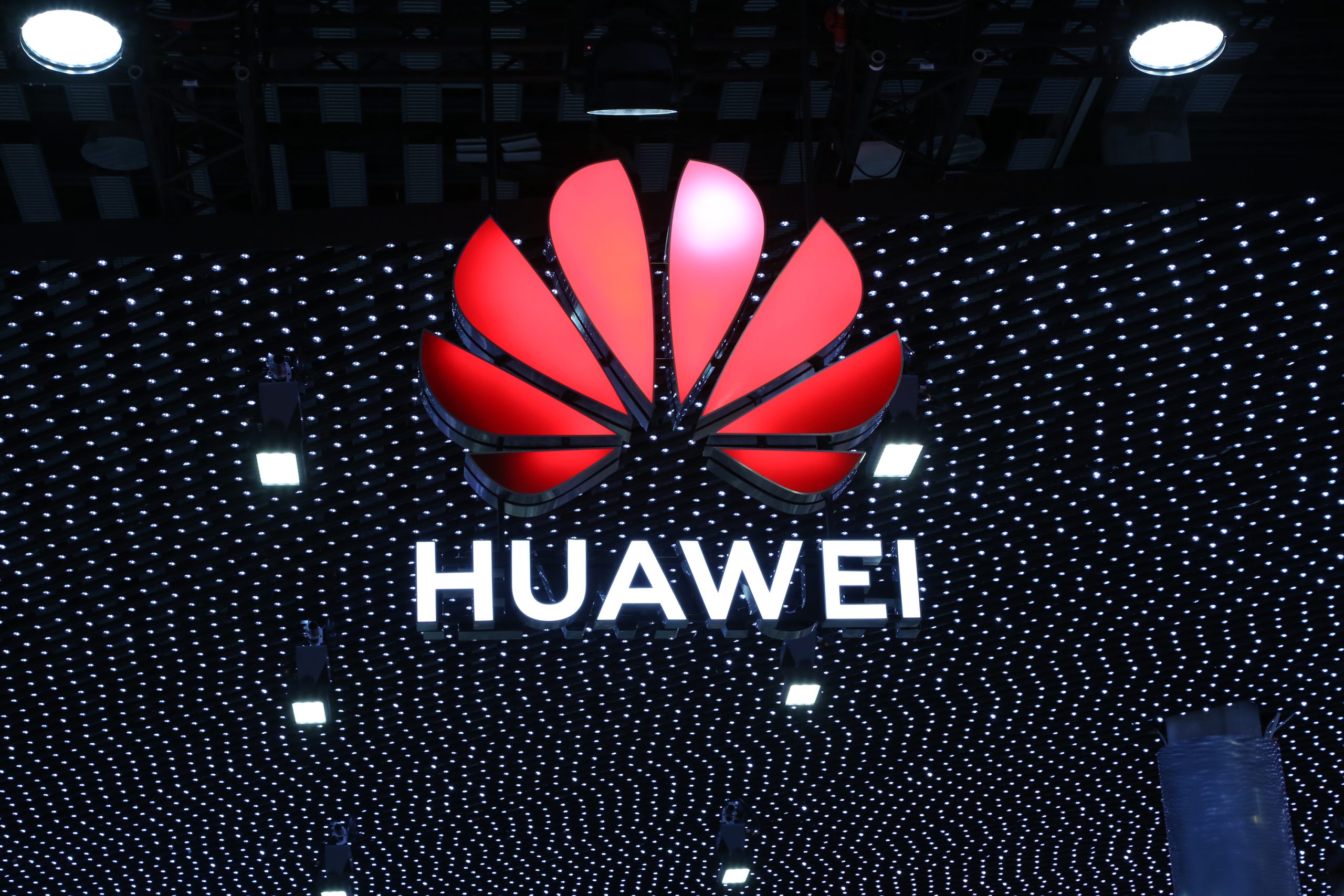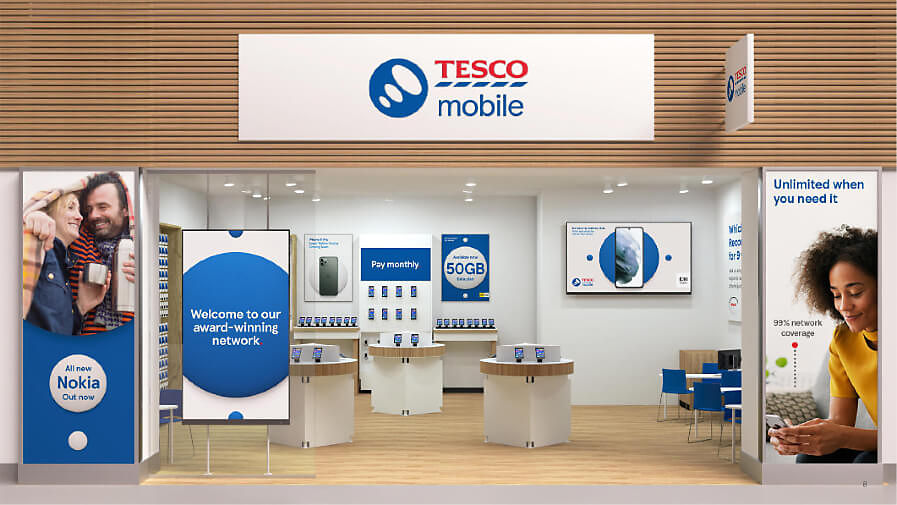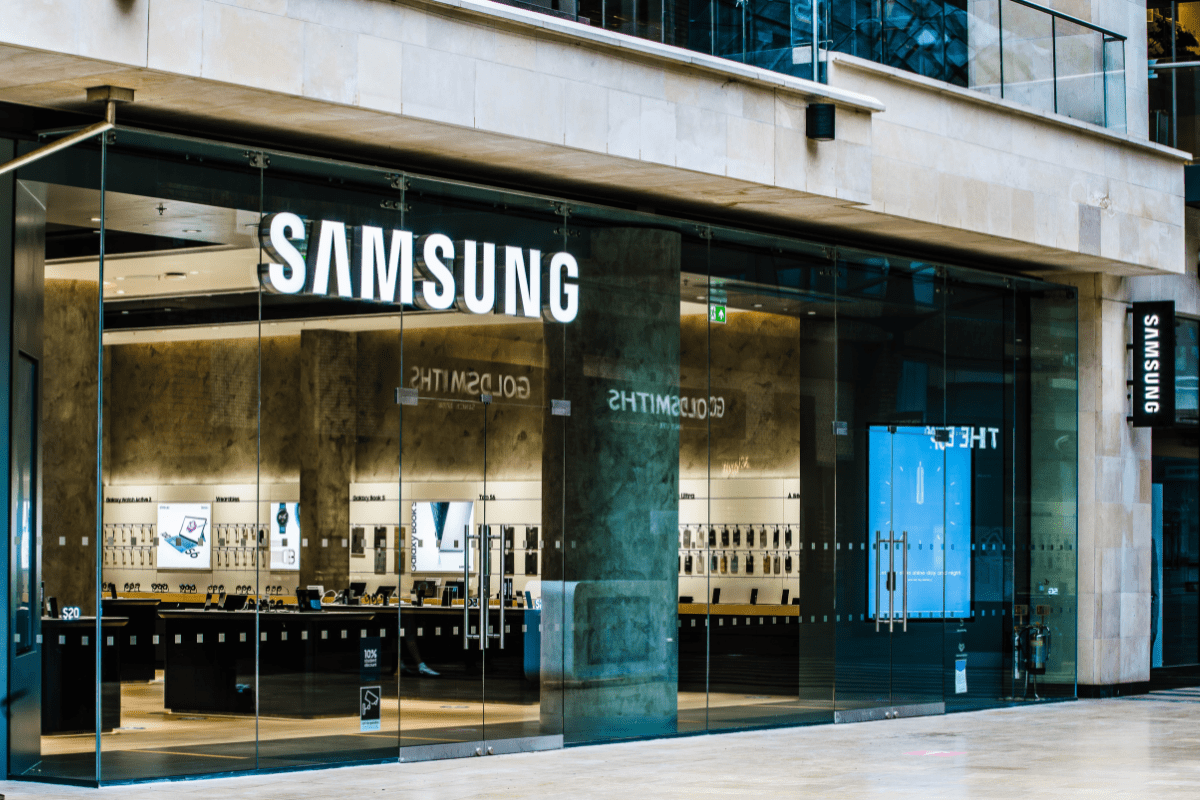Spotlight: Ombori
- Tuesday, May 16th, 2017
- Share this article:

Having a presence within the app ecosystem has become more vital than ever. As consumer behaviour increasingly shifts towards mobile in general and apps in particular, brands can ill afford to ignore this essential channel for customer engagement.
Factor in the native features that an app can offer and the way Google is increasingly weighing mobile in search rankings, and an app becomes a must-have tool for even the smallest brand. But creating an app from the ground up can be a complex and costly experience, especially for a brand that’s just beginning its mobile-first transformation.
Ombori offers a solution to this transition, with its Omburi Grid platform enabling companies to transform their web presence into a functioning app in a matter of hours. From there, brands can experiment with native features and iterate to find their best possible app, all while increasing their engagement with their most loyal customers.
“If you look at a couple of years ago, there really were no incentives to doing any investments in the app side of things, because it was difficult to get a return on investment,” said Andreas Hassellöf, CEO and founder of Ombori, speaking to Mobile Marketing Magazine. “But today, just getting the SEO boost is amazing, and also the way that people’s behaviours and their expectations have changed over the years.
“If you have a well-known brand, then people expect to find you when they search in the App Store or Google Play. And if they can’t find you, then I’m quite certain that one of your competitors has entered your brand name in their key words so they are popping up in the top spot, we’ve seen that many, many times before.
Ombori Grid evolved out of time the company spent consulting for brands, mostly in the finance and retail spaces, and realising that the focus on optimising conversions that these companies sought did not mesh well with the slow development cycle and lengthy update process common to many app development methods.
“You need to be able to move very fast, rapidly iterate, measure, see what’s working and what’s not working, and moving forward that way,” said Hassellöf. “In order to accomplish this, we started developing a lot of technology that would enable this kind of rapid iteration, and two years ago we started packaging this up as a platform that could easily be reused for a lot of clients, and that form is Ombori Grid.”
“If we try to look at the bigger perspective, creating really good shopping experiences is very complicated and complex, and it’s kind of hard to do on your own unless you’re Amazon or another giant.
“If you have a current tech stack, you have your current website in place, and you want to just create a mobile app, you would need to basically have one team that creates a new API that the apps can talk to, and then you need to create one team that will work on the iOS app, and another one for the Android app, and then they need to coordinate, develop this, test it and then release it, so just getting it in place is expensive and it takes a lot of time. And then the maintenance of it is also intensive.”
On top of that, making changes in the commercial flow based on feedback and analytics data can often involve multiple teams, updates which have to be rolled out gradually to consumers, and may even require apps to be scored again by Apple and Google’s own review teams.
To avoid these issues, Ombori sought to create technology which could use existing website coding as a form of API, building apps on top of work that had already been done to provide a foundation for brands. The Ombori Grid works without a full-blown API, and operates across iOS and Android, offering a fast and inexpensive method of developing for brands who are just starting to experiment with the power of apps.
“What we have built is something we call the Adaptive SDK,” said Hassellöf. “We kind of presume that every website that we integrate with is going to be updated very frequently and be in a state of constant change, and that they will always make mistakes, even if we send them instructions, they will make some mistakes with the technical limitations, so everything we’re doing is built around automating as much of the integration process as possible, and also in the few cases where it doesn’t automatically capture the integration, we have point and click tools to maintain that.”
Ombori also helps brands to get to grips with the native features and channels that apps provide, such as push notifications, aiding brands in their app marketing strategies as they carry out their mobile transformation. The Ombori Grid platform isn’t just for beginners, however, and is also capable of building completely custom, fully native experiences that still allow for almost instantaneous updates based on web content.
While even a mobile-friendly website may not compete with an app when it comes to instinctual navigation and polished user experience, for Hassellöf, the speed with which Ombori can create a functional app trumps those considerations.
“When it comes to retail and apps, UX is still critical, don’t get me wrong, but there is one thing that is even more important, and that is the actual products,” said Hassellöf. “Being able to discover and find the products I’m looking for at the right price at the right time, that’s even more important than the UX. That’s why we’re saying, ‘Start with your website UI’, so that you can have something up and running within hours, and start building your install base, and then we can iterate and do it piece by piece, add features that are native to iOS and Android, and are specific to the app, without doing everything at once.”
Figures from comScore show that 59 per cent of all online time, across smartphones, tablets and desktop, is now spent in app, while on mobile alone, according to Flurry, its 90 per cent. Our Mobile App Marketing Summit will help you create the best, most effective app experience possible for your company. Weve assembled a host of industry experts and thought leaders to answer your questions and share their real-world experience.
The Mobile App Marketing Summit takes place in London this Thursday. The last few places are available here, or follow the #MMSummits hashtag on Twitter on the day to enjoy highlights from the event.
















